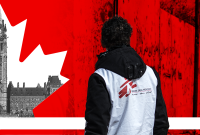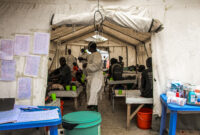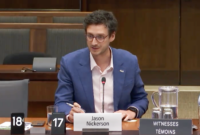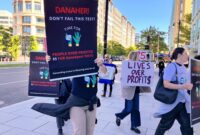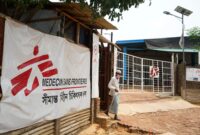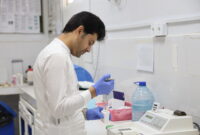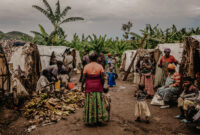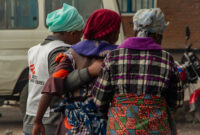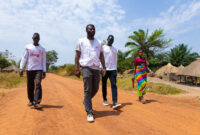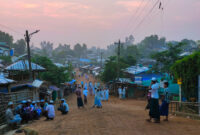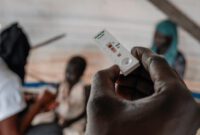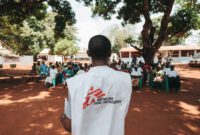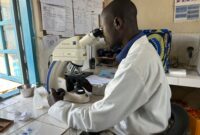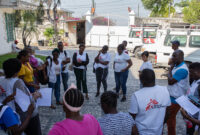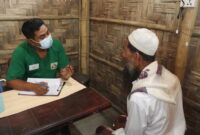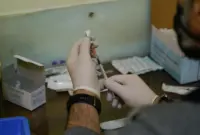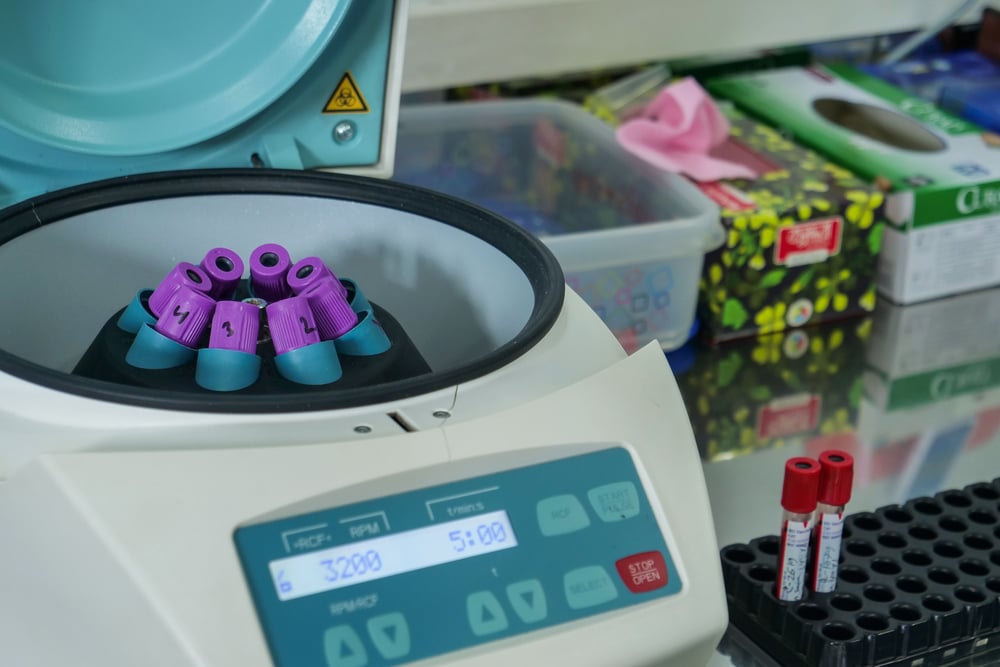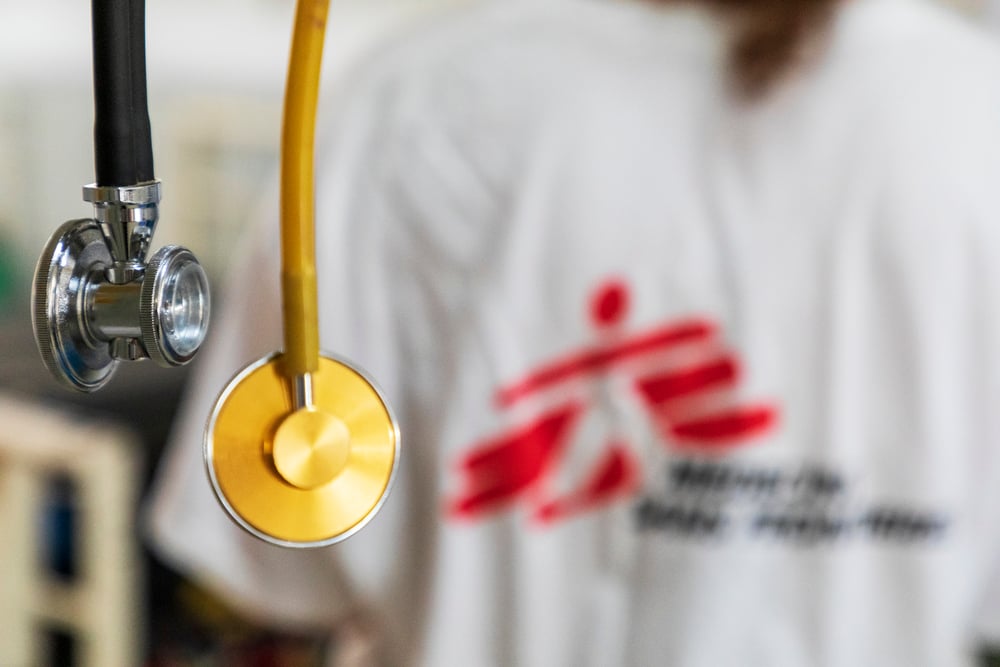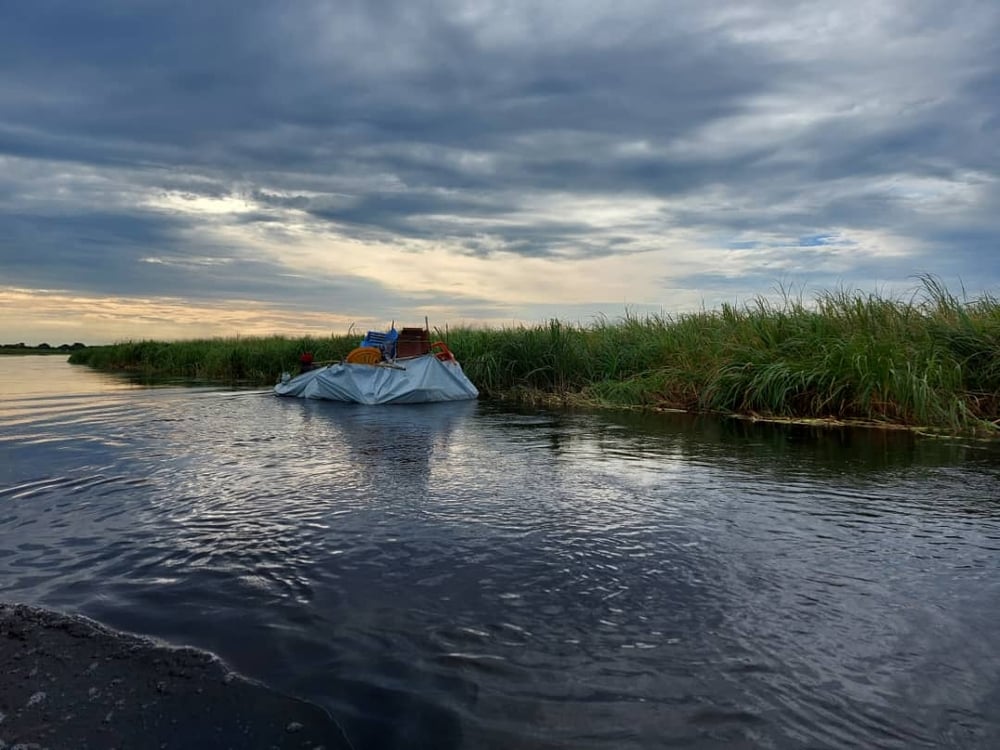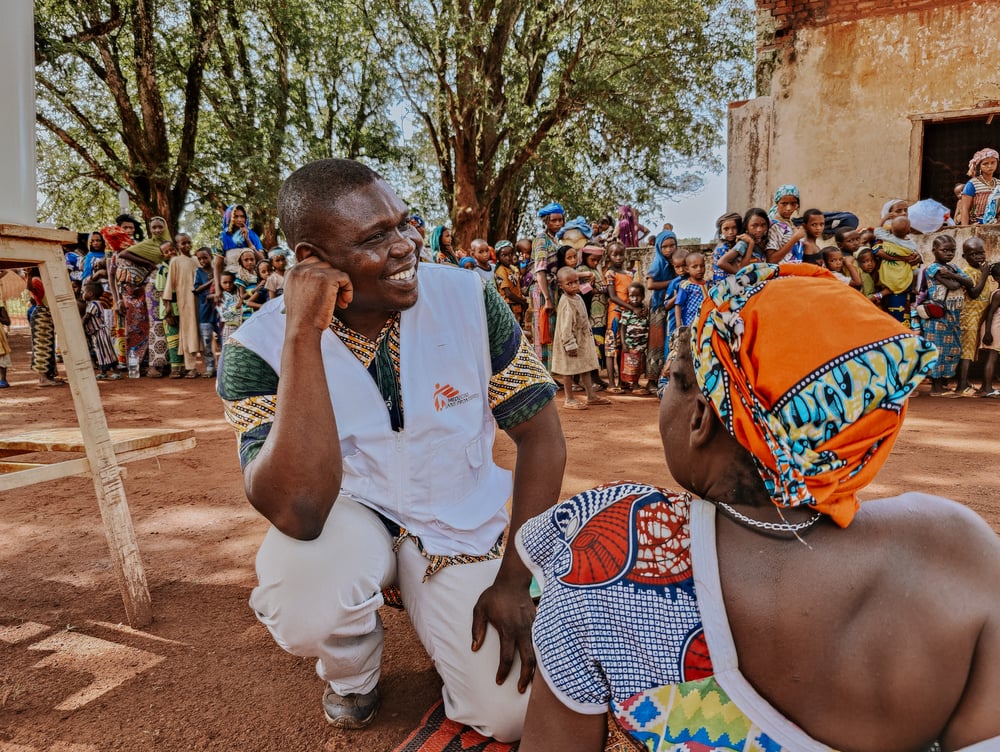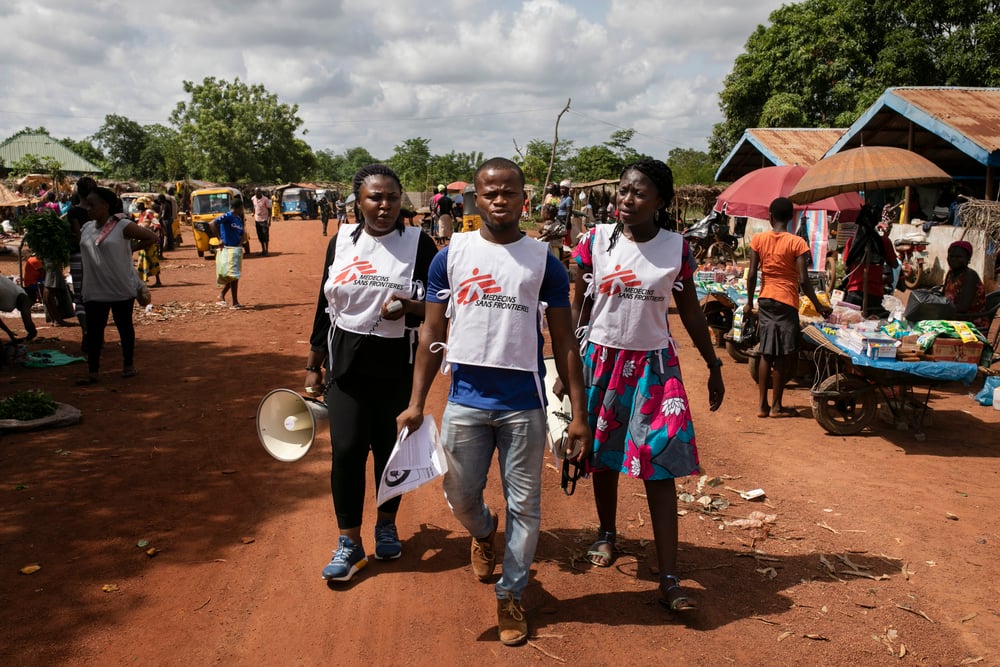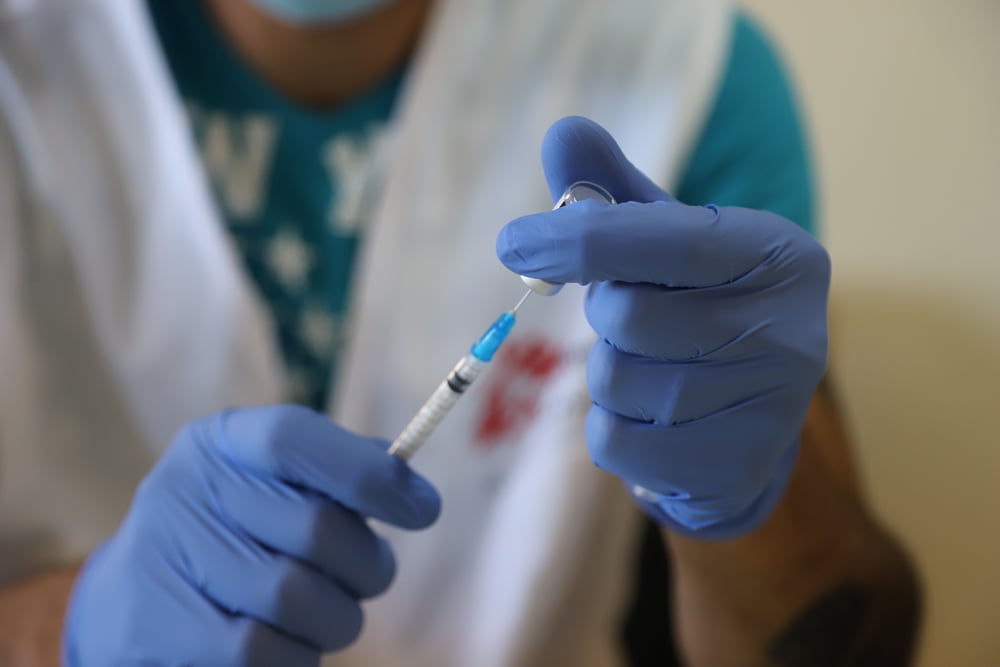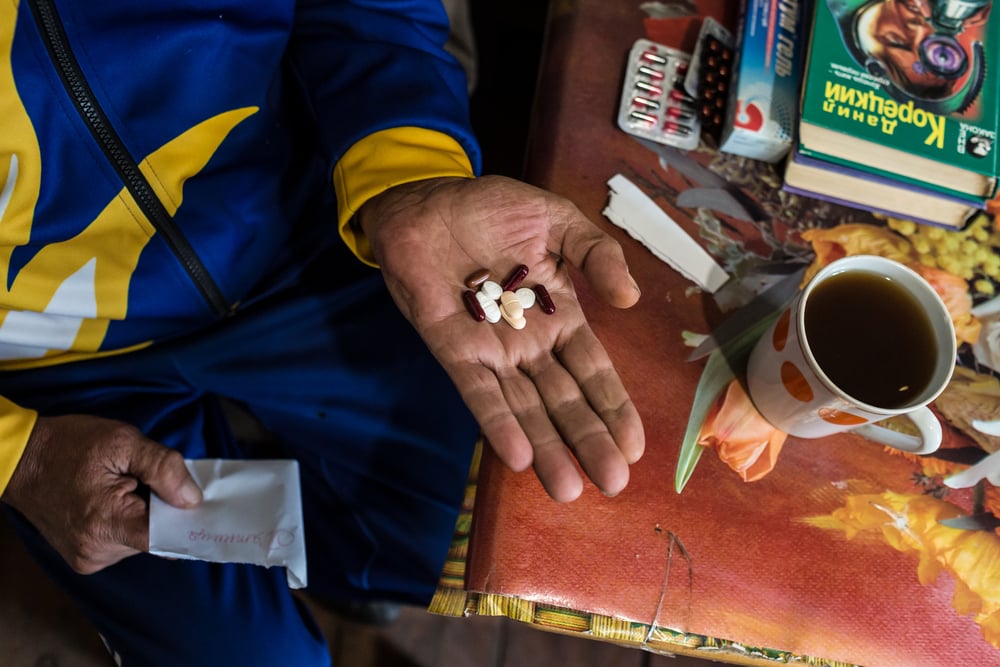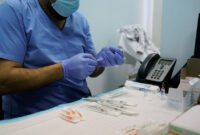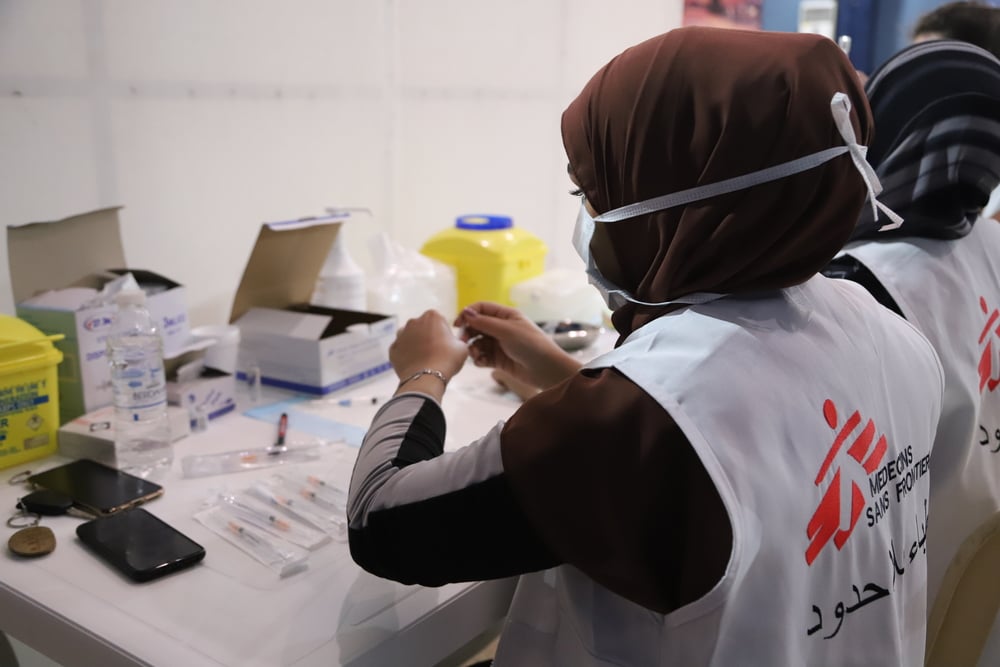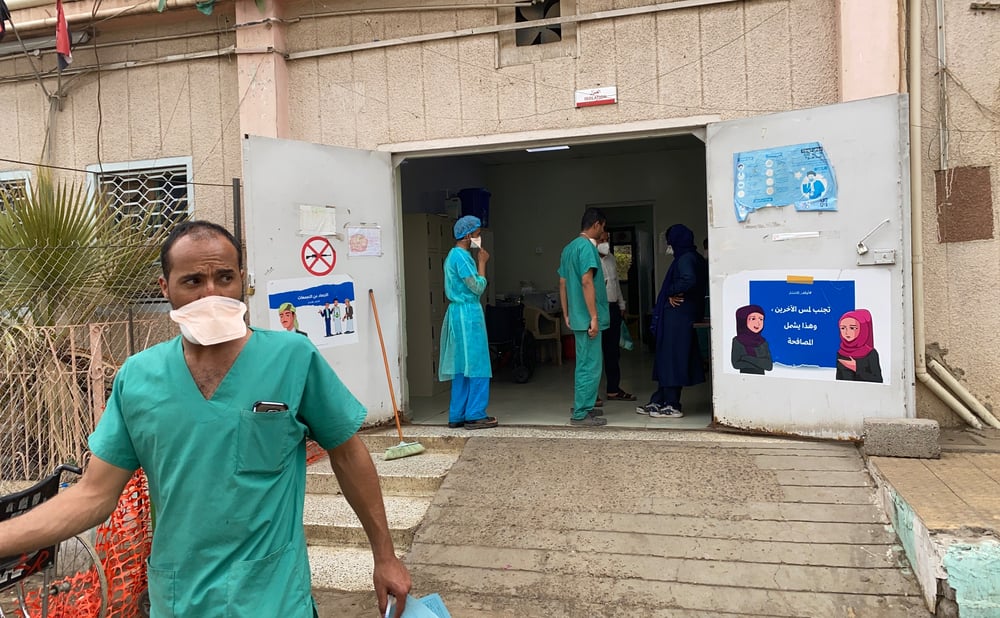Home | What we do | Advocacy
Global vaccine inequity is putting the lives of healthcare workers at risk – including MSF’s own front-line medical staff
By Adam Houston, MSF’s Medical Policy and Advocacy Officer in Canada.
Doctors Without Borders/Médecins Sans Frontières (MSF) provides healthcare in difficult situations. One of the biggest barriers is that many fragile health systems lack an adequate number of healthcare workers.
According to the World Health Organization, before the pandemic Canada had over 91,000 physicians for its population of just under 38 million people. Chad, a country with over 16 million people had only 865 physicians; Central African Republic had only 324 doctors for its nearly 5 million people. Similar disparities exist for nurses, midwives and other healthcare workers. These numbers show the massive inequities in access to health services even before COVID-19.
Vaccine inequities are magnified in this situation. As of the end of October, less than 1% of people in Chad had received even a single shot of vaccine; in Canada that percentage was close to 80%. In turn, lack of access to vaccines, as well as other important tools like personal protective equipment, have led COVID-19 to take a serious toll on the very healthcare workers who are responding on the frontlines of the pandemic. For instance, as of early October, Zimbabwe, with less than half of Canada’s population but 1/17th its number of healthcare workers, had lost nearly twice as many healthcare workers. While each of these deaths is a tragedy no matter where it occurs, the death of even a single healthcare worker in an understaffed environment can have serious repercussions for healthcare, further undermining an already inadequate system and creating challenges that will persist long after the pandemic ends.
Inequitable access to vaccines, even for healthcare workers, is a serious concern almost everywhere MSF operates. MSF staff feel this inequity directly, with MSF staff in some countries fully vaccinated, while their colleagues in other countries don’t have access at all.
“The fastest way to save lives right now is for the high-income countries that have already have their [COVID-19] vaccines is to stop hoarding doses and immediately redistribute excess to get vaccines to countries that need them,” assert MSF medical staff in Honduras, Iraq, Uganda and Yemen in a new video that describes how the disparity in vaccine supply between wealthy and poorer countries leaves them with no choice but to risk their lives every day:
Read more below about the disparity in access to COVID-19 vaccines between wealthy countries and the rest of the world, and what steps Canada can take to address it.


